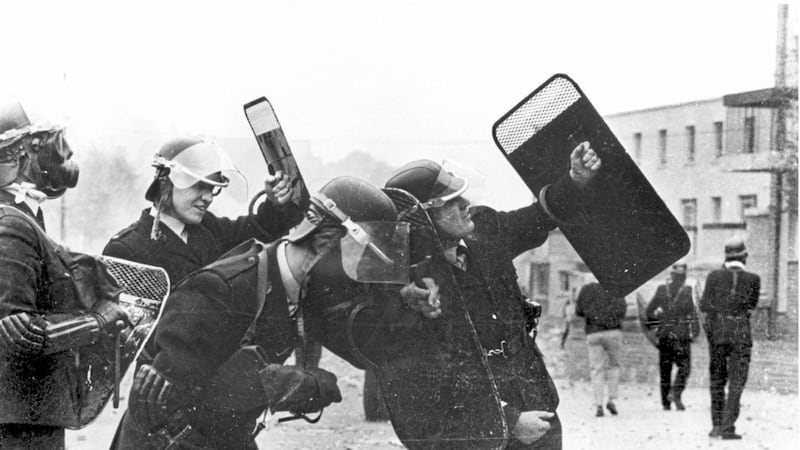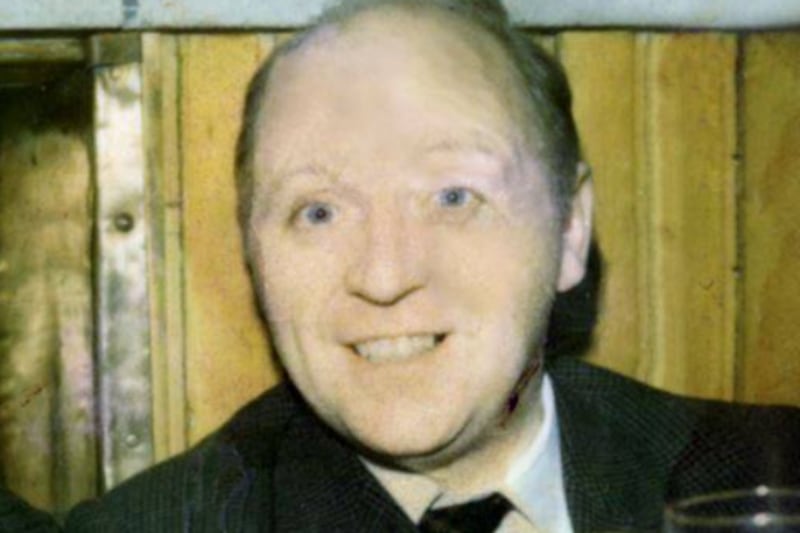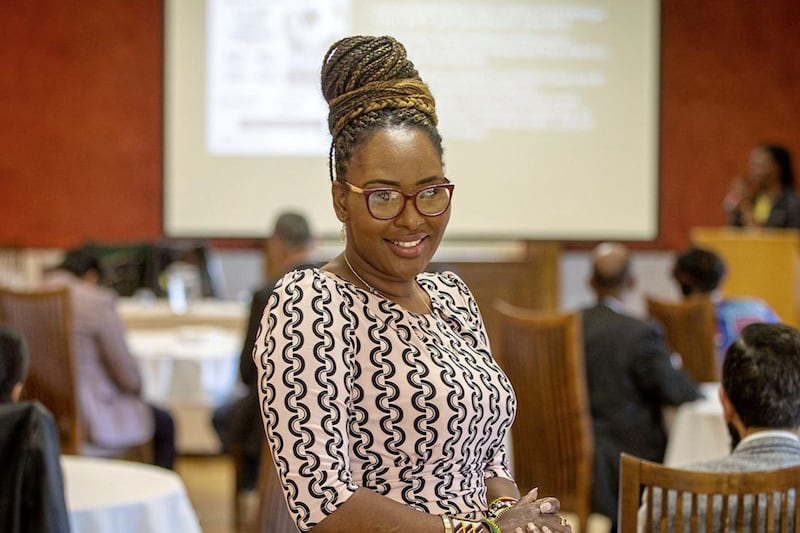While a small number of IRA men in Derry tried to take control during the Battle of the Bogside, they were unable to and “insanity” reigned supreme, according to Eamon Melaugh.
Mr Melaugh had a key role during Battle of the Bogside as the operator of Radio Free Derry. The pirate radio station broadcast barricade updates, news and a variety of music.
“I had Radio Free Derry and I set it up. It was utter chaos; nobody had any authority so I decided to open up Radio Free Derry in an annex at the top of a lift in the flats in Rossville Street.
“There were bizarre incidents. I remember two boys came running in to say that the city engineer had told the police or the authorities that he’d turn off the water to the Bogside. So I immediately made the people aware of that on the radio but I said if anybody turns off the water to the Bogside, we’ll turn the gas off to the whole of Derry because the city’s Gasyard was in the Bogside. Needless to say the water wasn’t turned off,” Mr Melaugh said.
A committed pacifist, he said there was no question of using Radio Free Derry to call for peace because the people of the Bogside had had enough.
“I tried to use it to calm the situation down. My advice never changed at any time – I always told people to become politically involved.”
One of the organisers of the October 5 1968 civil rights’ march, Mr Melaugh remained at the frontline for three days, sending messages to his wife at home.
“You can’t imagine how chaotic it was. There was no talking to anybody, insanity raised supreme and that’s the truth.
“The only people who had influence behind the barricades were the paramilitaries and they didn’t even have a lot of influence,” he said.
As the battle ebbed and flowed, Mr Melaugh said there were key times when he realised how serious the situation was. These included watching people throwing petrol bombs from the top of the Rossville flats.
“There was a genuine fear that if the police broke through, people would be killed. They (the RUC) had guns after all and they had guns at the time.”
The arrival of the British Army to separate Bogsiders and the RUC was greeted by a sense of victory by nationalists.
“They thought they had won the war and that these were neutral peace keepers who came in but that idea was very quickly shattered. There was a feeling of euphoria and a sense of relief that they’d kept the RUC out of the area.
“But I thought there was only a question of time before hostilities would break out. I knew the army came in to impose Westminster authority.”
However, by that time, thoughts of victory or defeat were not uppermost on Mr Melaugh mind. Totally exhausted, his thoughts focused simply on getting home and sleep.
“My feet were that sore, I walked up the street with my socks and my shoes in my hand,” he said.
Now, fifty years on, while he bitterly regrets what followed, Mr Melaugh has no doubt where the blame for what ensued lay; it was with unionist leaders who thought they could treat Catholics as lesser beings.








